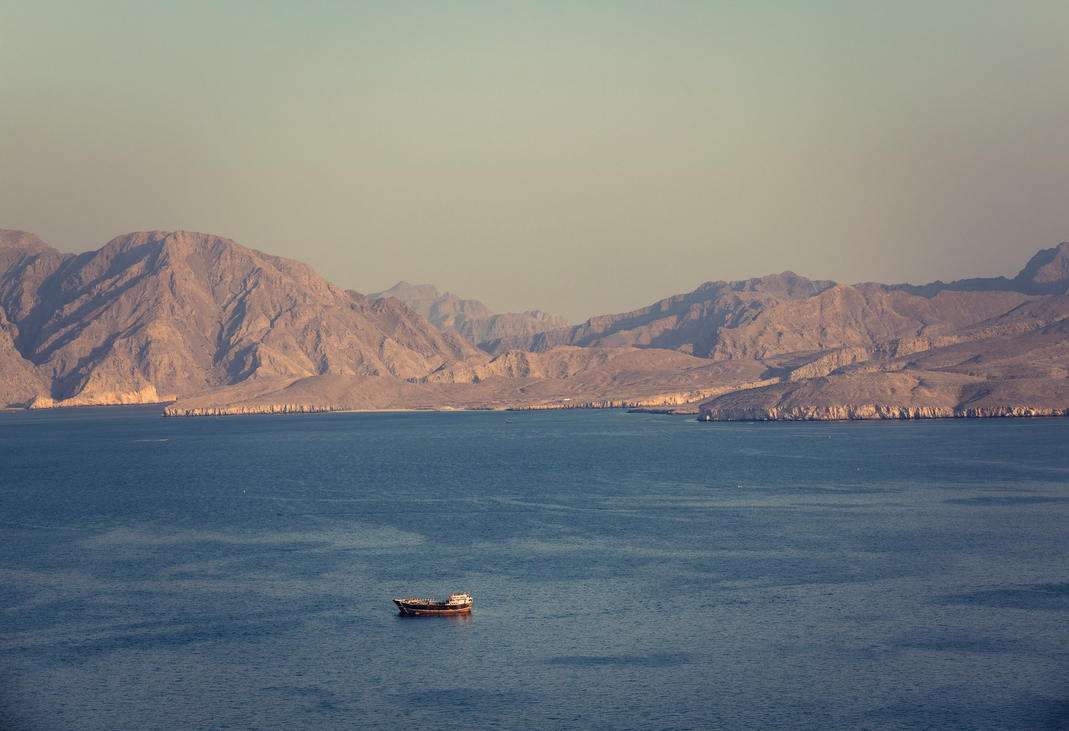In recent times, the focus of naval observers has been primarily on the Russian blockade in the Black Sea and Chinese provocations in the South China Sea. Critical Underwater Infrastructure (CUI) has also gained attention due to disruptive incidents. Additionally, the longstanding presence in the Persian/Arabian Gulf has been a point of interest, with various operations conducted to protect shipping in the region.
However, since October 7, the Strait of Hormuz, a traditional flashpoint in the Gulf, has been relatively quiet. Nevertheless, Iran is now intensifying its claim over the contested islands of Abu Musa, Greater Tunb, and Lesser Tunb in the Strait. This development coincides with the recent passage of the US Navy aircraft carrier Dwight D Eisenhower and its accompanying escorts through the Strait, along with British and French warships stationed in the region.
Iran's new approach involves offering free plots of land to families interested in living on the islands, along with building loans and exemptions from military service. If Iranian families of average size (3.3) were to inhabit these plots, the population could potentially increase from around 4,000 to approximately 1.7 million. This population growth would serve as a strong argument for Iranian sovereignty over the islands.

The dispute over the islands of Abu Musa, Greater Tunb, and Lesser Tunb in the Strait of Hormuz has been ongoing since 1971. Recent developments indicate that Iran is intensifying its claim over these islands by offering free plots of land to families interested in living there, along with building loans and exemptions from military service. If Iranian families were to inhabit these plots, the population could potentially increase from 4,000 to 1.7 million, strengthening Iran's argument for sovereignty over the islands.
This development coincides with the passage of US, British, and French warships through the Strait, highlighting the potential for increased tensions in the region. The flow of hydrocarbons through the Strait of Hormuz is vital to countries like the UK, and any disruption to this route would have significant consequences. The UK, along with the US, maintains a naval presence in the region to ensure stability and deter any potential threats.
The contested islands are strategically located in the Strait of Hormuz, which is a unique trade chokepoint bordered by a non-NATO state that has invested heavily in developing military assets. Iran's possession and recognition of sovereignty over these islands would make them militarily and legally stronger. To address the threat posed by Iran, Western governments, including the UK, need to take a robust stance and maintain maritime power as a countermeasure.
Source: The Telegraph





